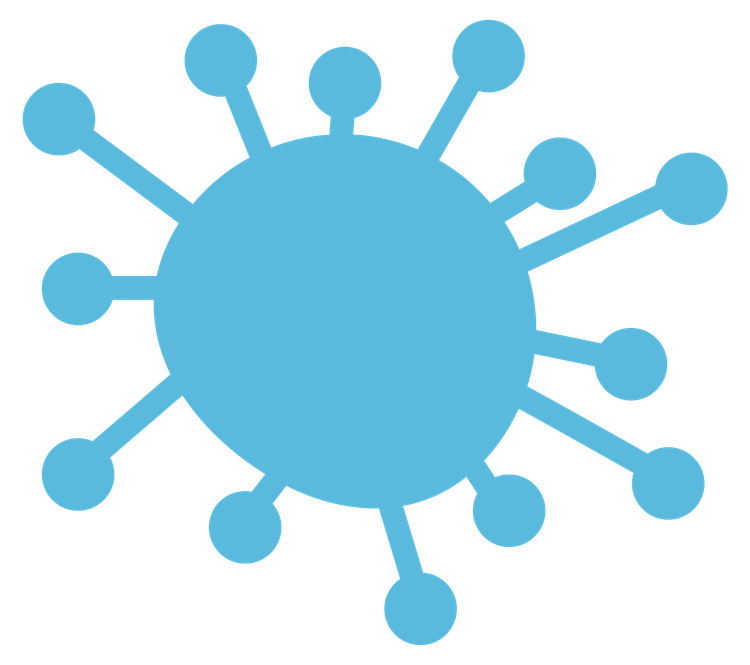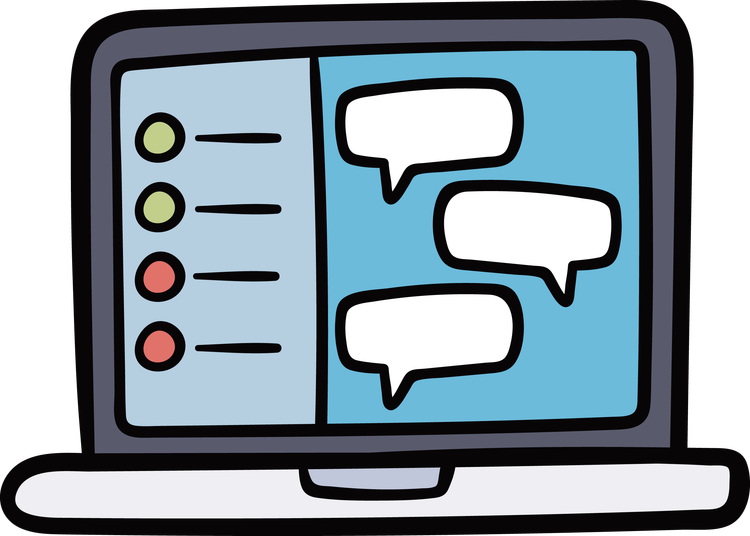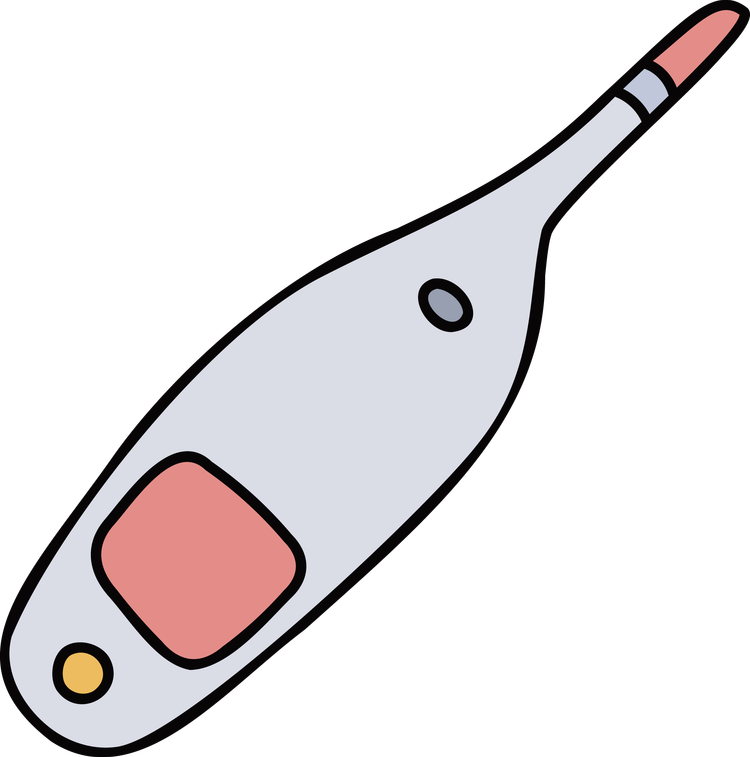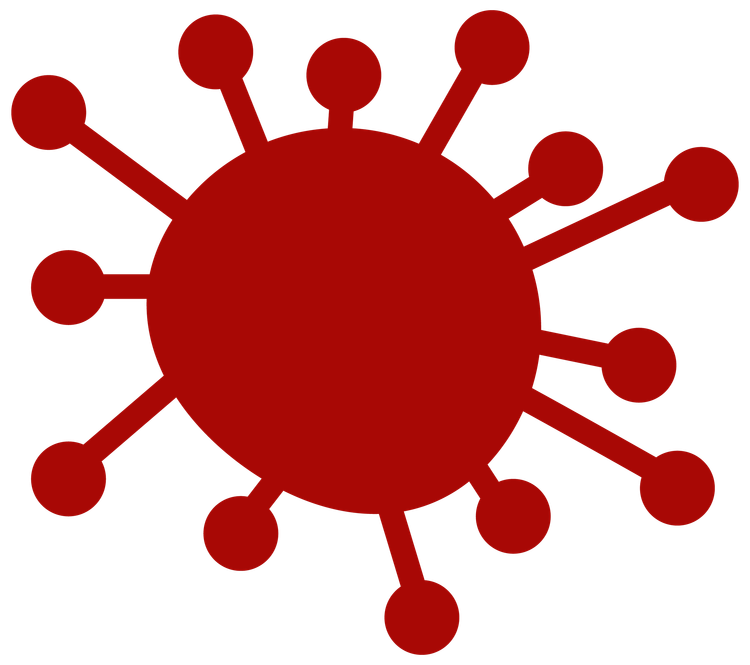
Again and again, there is a warning about fake news. What is that?
Earlier there used to be storytellers. They said, "I heard that…" or, "My uncle’s friend said that…" In the past, false information was often passed on. This is still possible today. On Facebook for example. It works much faster, and you can reach many more people at once. The idea still remains: it is often not true, it is fake news. If you read or hear something that sounds very exaggerated, you should simply just not believe it. There are certain rules that can help to verify the information. Your parents are also still there to help, ask them!
How do I know if I’m being told a lie?
Here are a few points to remember: It’s rarely true when one person or just one internet source knows about an event. So, look for reports from sources you recognize and find multiple reports to confirm the facts. Or: Who even wrote that message? Often, they are uncheckable eyewitness reports, presumably from a police officer or a doctor. Unfortunately, remember that many adults do not follow the guiding principle of ‘think first, then write.’

Where can I find out more about Corona?
Here, for example! You can find reliable information from the official news sources. Yes, mistakes can also sometimes happen there, but these are not fake news. You can also find reliable information on the homepage of the Ministry of Social Affairs. Lots of information is first published there. Also, talk to your parents!

I don’t feel well, and now I’m worried. How do I know if I have Corona?
If you feel sick, you should definitely take a break. This is easier under the current circumstances because you will not be missing anything at school and you shouldn’t be meeting with your friends anyway. You should rest. In young people like you, the virus will only feel like a cold. In case of doubt your parents will call the corona hotline for verification.

How exactly does the test work?
The test is called a PCR Test. It works like a test for other infections, simply by taking swab samples from the nose and throat, waiting for the result is probably more uncomfortable because it could take a long time. The samples then go to the laboratory to check whether the patient has the genetic makeup of the virus. However, a quick, automated test is being developed and should soon be available. If the test comes back positive, it is repeated for safety reasons.

And what happens then?
Your parents will then ask what exactly your symptoms are, where you have recently traveled, and whether you have had contact with others who may be infected. This is important so that you do not put others at risk, like your parents, or if you’re still at school, your classmates and teachers. If it turns out you need to be tested, don’t worry, it doesn’t hurt at all. (Peter Mayr, Karin Riss, Translation: Emily York, 2020-03-24)